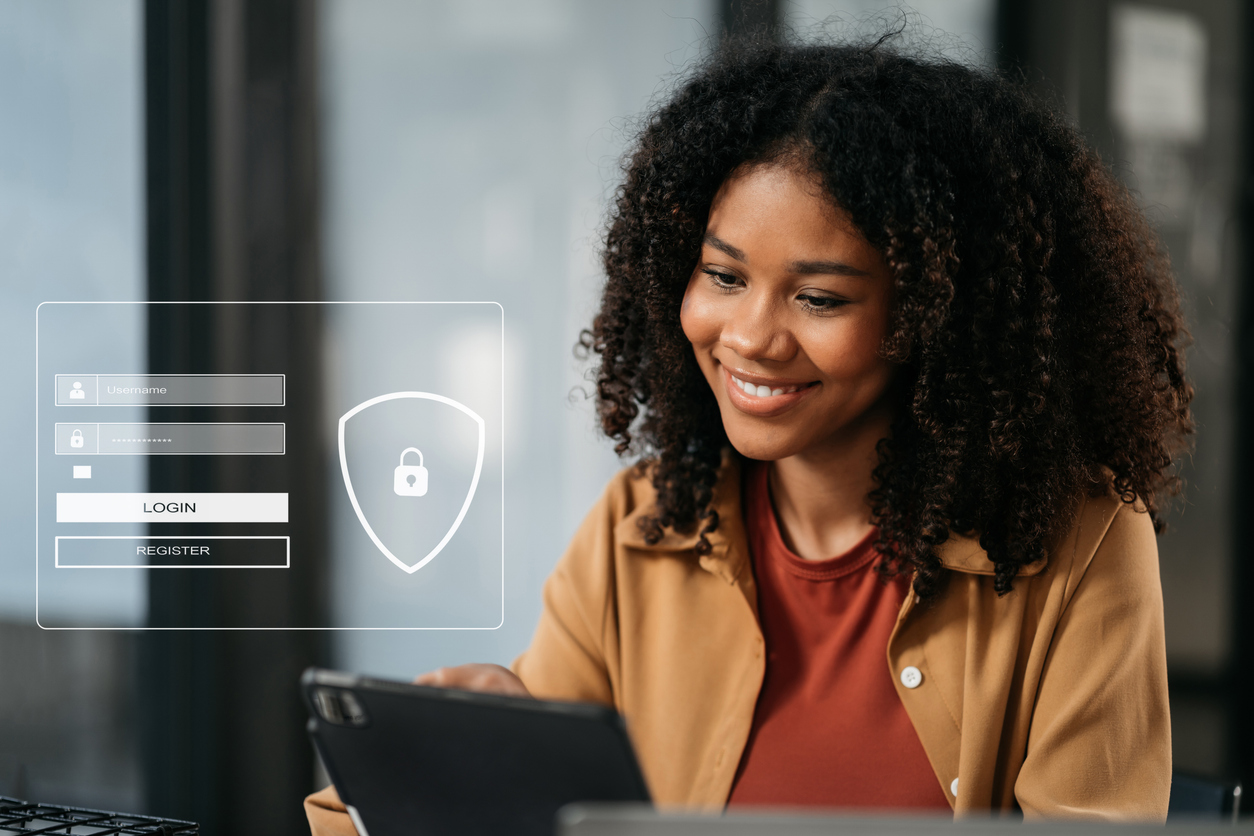
In today’s hyperconnected world, protecting your online data is more important than ever. Every time you shop online, log into a social account, or use cloud storage, your personal information becomes vulnerable to cybercriminals. Hackers are constantly evolving their tactics, and even a single weak password or outdated device can open the door to identity theft, fraud, or worse. The good news? With a few smart habits and tools, you can drastically reduce your risk. Here’s how to keep your online data safe from hackers in 2025 and beyond.
1. Use Strong, Unique Passwords for Every Account
Why it matters:
Weak or reused passwords are one of the most common ways hackers gain access to personal accounts.
Best practices:
- Create passwords with at least 12 characters, including letters, numbers, and special symbols.
- Avoid using names, birthdates, or simple sequences like “123456.”
- Never reuse the same password across multiple accounts.
Pro tip:
Use a trusted password manager (like 1Password, Bitwarden, or LastPass) to generate and store complex passwords securely.
2. Enable Two-Factor Authentication (2FA)
Why it matters:
2FA adds a second layer of protection, requiring both your password and a verification code (usually sent to your phone or generated by an app).
How to enable it:
- Most major services (Google, Facebook, Amazon, banks) offer 2FA under account settings.
- Use authenticator apps like Google Authenticator, Microsoft Authenticator, or Authy for added security.
Avoid:
Using SMS for 2FA if possible—it’s better than nothing but can be vulnerable to SIM-swapping attacks.
3. Keep Software and Devices Updated
Why it matters:
Software updates often contain patches for newly discovered security flaws that hackers could exploit.
What to update regularly:
- Operating systems (Windows, macOS, iOS, Android)
- Browsers (Chrome, Firefox, Safari)
- Apps and extensions
- Firmware on routers, smart home devices, and antivirus software
Pro tip:
Turn on automatic updates wherever possible to ensure you never miss a critical fix.
4. Use a Virtual Private Network (VPN)
Why it matters:
A VPN encrypts your internet connection, making it much harder for hackers to intercept your data—especially on public Wi-Fi networks.
When to use a VPN:
- Browsing on public or unsecured Wi-Fi (cafes, airports, hotels)
- Accessing region-restricted content
- Hiding your IP address for added privacy
Trusted VPNs to consider:
NordVPN, ExpressVPN, Surfshark, ProtonVPN
5. Be Smart About Public Wi-Fi
Why it matters:
Hackers often create fake Wi-Fi hotspots or intercept unsecured ones to steal data.
How to stay safe:
- Avoid logging into sensitive accounts (banking, email) on public Wi-Fi.
- Use a VPN if you must access the internet.
- Disable auto-connect settings on your phone or laptop.
Pro tip:
Stick to your mobile data if you’re unsure about the security of a network.
6. Monitor Your Accounts and Credit Regularly
Why it matters:
Catching suspicious activity early can prevent major damage.
How to monitor:
- Check your bank and credit card statements weekly.
- Set up fraud alerts and spending notifications.
- Use a credit monitoring service or a free tool like Credit Karma.
Extra tip:
Consider placing a credit freeze with major bureaus if you’re not planning to apply for credit soon.
7. Recognize and Avoid Phishing Scams
Why it matters:
Phishing remains one of the most effective tactics hackers use to steal login credentials and personal info.
Common signs of phishing:
- Urgent messages asking you to “verify” an account
- Emails with typos, strange formatting, or unexpected attachments
- URLs that don’t match the official site
How to protect yourself:
- Never click on suspicious links—hover to preview the URL first.
- When in doubt, go directly to the official website and log in there.
- Report phishing attempts to the platform or your email provider.
8. Limit the Information You Share Online
Why it matters:
Hackers use personal info from social media or forums to guess passwords or craft convincing scams.
Tips:
- Set your social media profiles to private.
- Avoid sharing your location, birthday, or mother’s maiden name.
- Don’t overshare in online forums or groups.
Pro tip:
Even innocuous posts—like your favorite pet’s name or first car—can reveal answers to common security questions.
9. Use Encrypted Messaging Apps
Why it matters:
Messages sent through unencrypted apps can potentially be intercepted.
Best apps for secure communication:
- Signal (open-source and widely regarded as one of the most secure)
- WhatsApp (end-to-end encrypted)
- iMessage (encrypted between Apple users)
Avoid:
SMS for sharing sensitive data—it’s not encrypted and can be intercepted.
10. Back Up Your Data Regularly
Why it matters:
If ransomware or another form of cyberattack compromises your system, backups ensure you don’t lose your important files.
How to back up safely:
- Use both cloud-based services (Google Drive, Dropbox, iCloud) and external hard drives.
- Schedule automatic backups at regular intervals.
- Ensure backups are encrypted and stored securely.
Bonus Tips for Extra Protection
- Use security software: A good antivirus or antimalware tool adds another layer of defense.
- Secure your router: Change the default admin credentials and use WPA3 encryption.
- Watch out for apps: Only download apps from trusted sources, and check reviews and permissions before installing.
Keeping your online data safe doesn’t require you to be a cybersecurity expert—it just takes smart habits, good tools, and a little bit of vigilance. By following these steps, you’ll be far less vulnerable to hackers and better equipped to protect your identity, finances, and privacy. In the digital age, taking your personal cybersecurity seriously is no longer optional—it’s essential. Start implementing these tips today, and make online safety a routine part of your everyday life.







